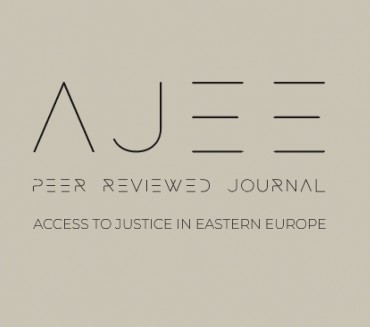Summary: 1. Introduction. – 2. Adoption of the Administrative Code in Romania. – 3. Public Services in the Legislation of the EU. – 4. Public Services in Comparative Law. – 5. Challenges and Limitations in the Regulating of Public Services through the Administrative Code in Romania. – 6. Conclusions.
Background: In 2019, in Romania, a legislative event of special importance took place – the adoption of the Administrative Code. The scientific problem addressed in this article refers to the way in which the recently adopted Code realises the general regulation of public services respecting the best practices in order to create a good administration that is flexible and adaptable to the constantly changing needs of citizens today.
Methods: This article investigates how the general regulation of public services in the Administrative Code is realised, taking into account the trends manifested in the field at the EU level and in comparative law. The categories of public services with which the EU operates (services of general economic interest, non-economic services, and social services of general interest) and the concept of universal service are highlighted. Then, the principles of organisation and functioning of public services in France, Germany, Italy, Spain, and the UK are investigated. In a separate section, the challenges and limitations in the regulation of local public services are analysed critically against the Administrative Code of Romania, starting from the regulation of the EU and the good practices observed in comparative law.
Results and Conclusions: At the end of the article, I proposed we use the observations resulting from research on the Administrative Code to increase the degree of administrative convergence with the other member states of the EU.

